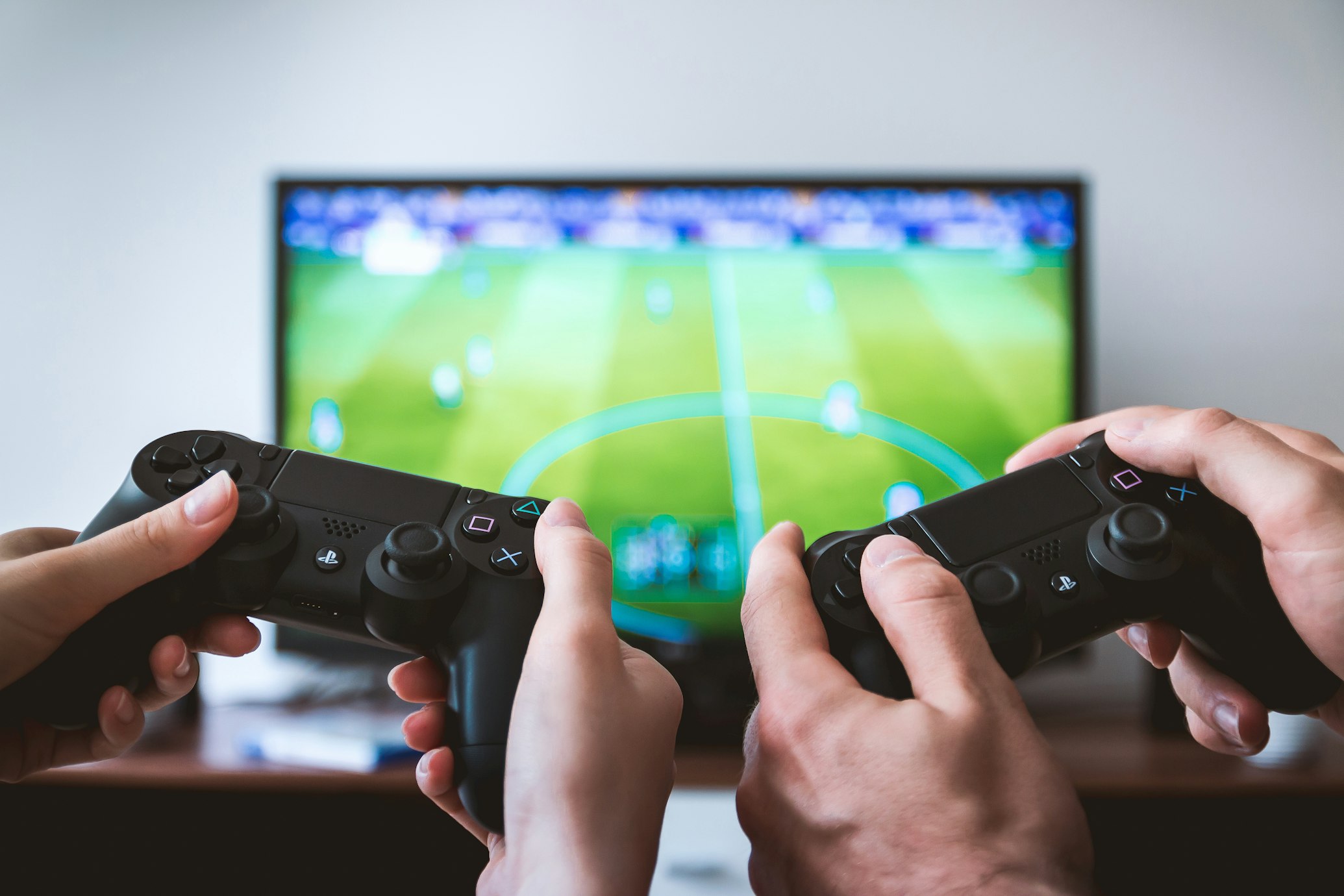The gaming patents controversy has reached a new level of intensity as one of the industry’s most respected voices weighs in. Michael Douse, publishing director at Larian Studios (the team behind Baldur’s Gate 3), recently spoke out against Nintendo’s controversial patent strategy, particularly those patents being used in their ongoing lawsuit against Palworld developer Pocketpair.
What’s Behind the Gaming Patents Controversy
Nintendo has secured several broad patents that cover basic gaming mechanics many developers have used for years. The two most controversial patents involve creature summoning mechanics and “smooth switching or riding of objects” – essentially the ability to ride mounts across different terrain types like ground, water, and air.
These patents aren’t just theoretical legal documents sitting in a filing cabinet. Nintendo is actively using them as weapons in their lawsuit against Pocketpair, the creators of Palworld, a game that became wildly successful by incorporating monster-catching mechanics similar to Pokemon.
Why Industry Veterans Are Speaking Out
Douse’s comments reflect growing concern within the gaming community about how these patents could be weaponized against smaller developers. The fear isn’t just about Palworld – it’s about the precedent this sets for the entire industry.
“Patents like these are too often used in bad faith,” Douse stated, echoing sentiments shared by many in the development community. This isn’t coming from a competitor trying to score points against Nintendo. Larian Studios has no direct beef with the company, making their criticism particularly noteworthy.
The Real Impact on Game Development
Here’s where the gaming patents controversy gets really messy. These aren’t patents for groundbreaking new technology. Many of the mechanics Nintendo has patented have been used in games for over a decade, sometimes predating Nintendo’s own implementations.
The patents are intentionally vague and broad, covering basic interactions that most players would consider standard gaming features. This creates a legal minefield for developers who might unknowingly implement similar mechanics in their games.
Small Developers Bear the Biggest Risk
Large studios like Microsoft or Sony can afford to fight these patent claims in court. But indie developers and smaller studios? They’re sitting ducks. Even if they would ultimately win a legal battle, the cost of fighting could bankrupt them before they ever see a courtroom victory.
This is exactly what happened with companies targeted by Backcountry.com in 2019, who sued anyone using “Backcountry” in their business name. Many companies changed their names rather than fight, even though they would have likely won in court.
A System Designed for Abuse
The core problem isn’t just Nintendo – it’s a patent system that allows these broad, obvious patents to be approved in the first place. Game mechanics patents are particularly problematic because they can cover fundamental interactions that should be part of the creative commons of game design.
Consider this: Square Enix holds patents on character creation systems, and Capcom has patents on using pre-rendered backgrounds with 3D character models. Warner Bros famously patented the Nemesis system from Middle-earth: Shadow of Mordor, preventing other developers from creating similar dynamic enemy systems.
Why This Matters for Gamers
When developers can’t freely build on existing game mechanics, innovation suffers. Instead of creating new and interesting takes on familiar systems, developers are forced to work around patent restrictions or risk expensive legal battles.
This doesn’t just hurt developers – it hurts players who miss out on potentially great games that never get made due to patent fears.
The Path Forward
The gaming patents controversy highlights a broader need for patent reform, particularly around software and game mechanics. Many in the industry argue that game mechanics should be treated more like literary techniques – part of a shared creative vocabulary rather than proprietary inventions.
Until then, voices like Douse’s are crucial for keeping this issue in the spotlight. When respected industry figures speak out against patent abuse, it helps build momentum for meaningful change.
Frequently Asked Questions
What specific patents is Nintendo using against Palworld?
Nintendo is using patents related to creature summoning mechanics and “smooth switching or riding of objects,” which covers the ability to ride mounts across different terrain types.
Can Nintendo sue every game that uses similar mechanics?
Technically yes, but practically no. Nintendo likely won’t pursue every possible case due to the massive legal costs involved. They typically target games that they see as direct threats to their franchises.
Are game mechanic patents legal in other countries?
Many countries have stricter rules about software patents. The US patent system is particularly permissive when it comes to broad software and game mechanic patents.
How can indie developers protect themselves from patent lawsuits?
Unfortunately, there’s no foolproof protection. Developers can conduct patent searches, but with thousands of broad patents out there, it’s nearly impossible to avoid all potential conflicts.
Has Nintendo used game patents against other companies before?
While Nintendo has been protective of their intellectual property through copyright and trademark law, using broad game mechanic patents as litigation tools represents a relatively new strategy for the company.
What can gamers do about this issue?
Gamers can support developers who speak out against patent abuse and advocate for patent reform. Public pressure and industry criticism can influence how companies use their patent portfolios.
Conclusion
The gaming patents controversy isn’t just about Nintendo versus Palworld. It’s about the future of game development and whether basic gaming mechanics can be locked away behind patent walls. When industry leaders like Larian Studios’ publishing director speak out against these practices, they’re fighting for an ecosystem where creativity and innovation can flourish without fear of legal retaliation. The gaming industry needs more voices willing to call out patent abuse when they see it, because ultimately, everyone – developers and players alike – benefits from a more open and creative gaming landscape.


